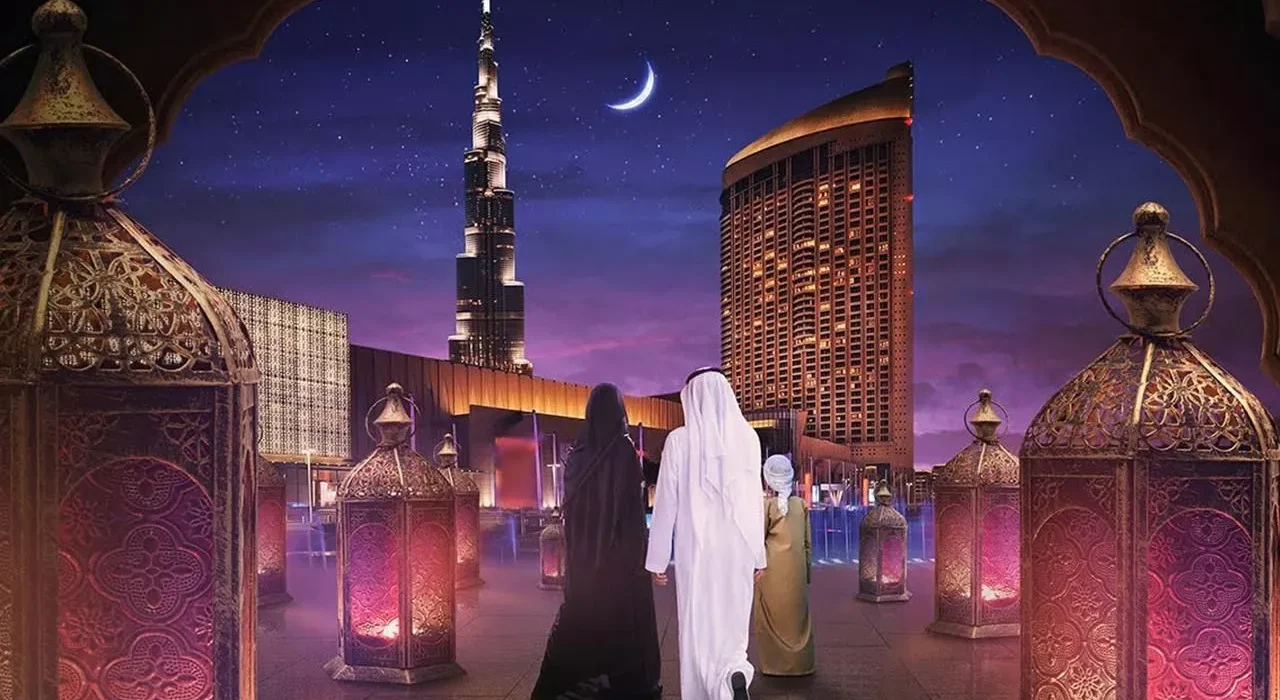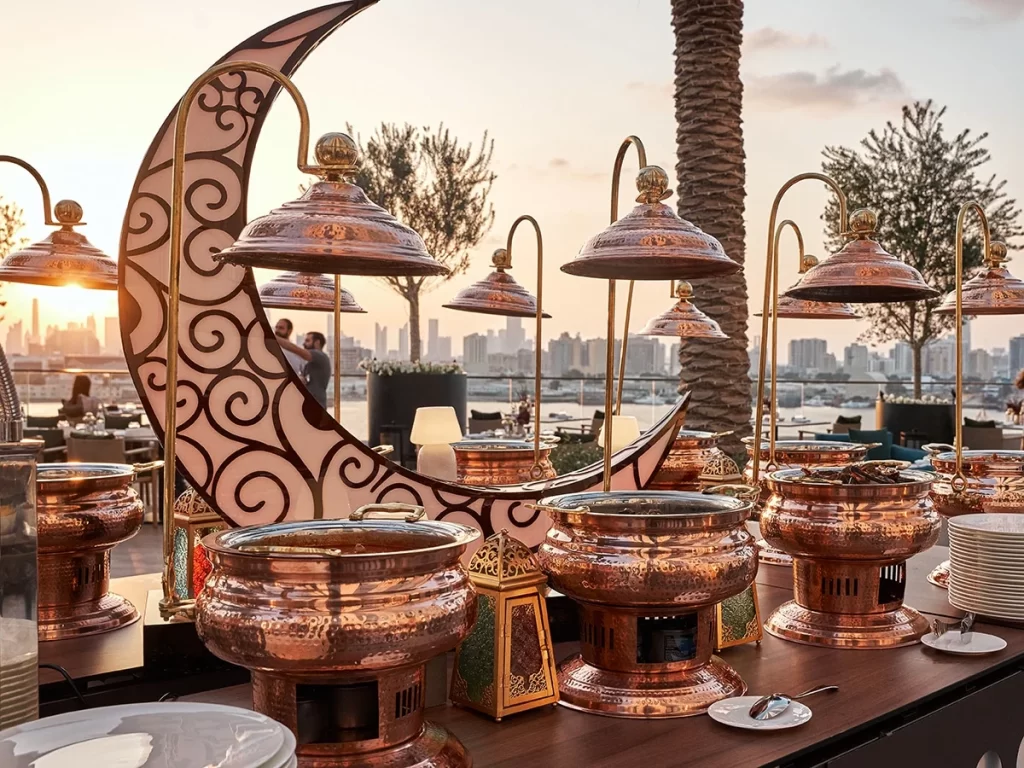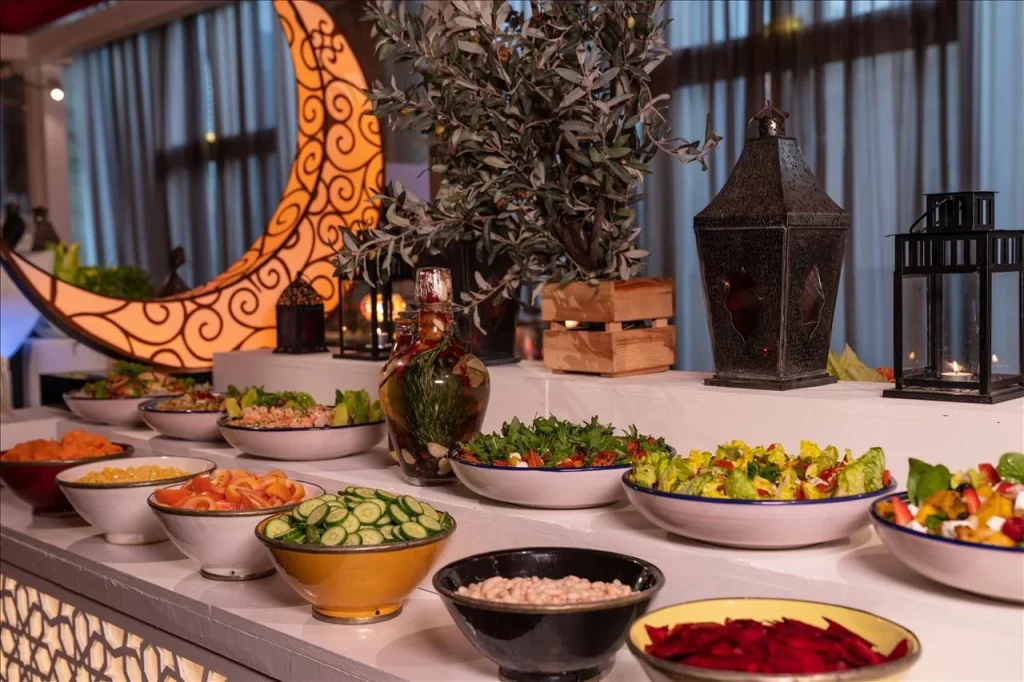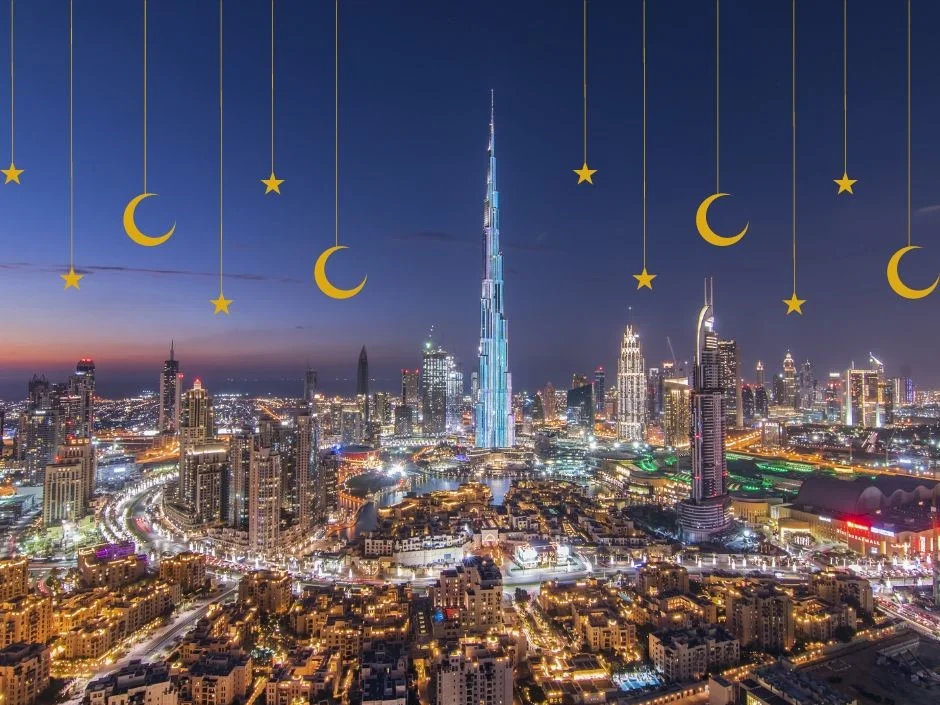The Reduced Work Hours in Ramadan 2024 for Employees
As the blessed and holy month of Ramadan approaches, the UAE gears up for a period of reflection, spirituality, and cultural observances. Alongside these cherished traditions, the Ministry of Human Resources and Emiratisation (MoHRE) has announced adjustments to work hours for private sector employees, aligning with the essence of this sacred month of Ramadan UAE.
Starting from the anticipated date of March 11, 2024, private sector workers across the Emirates will witness a reduction of two hours in their daily work schedule. This thoughtful initiative not only honors the significance of Ramadan but also acknowledges the importance of facilitating employees’ participation in spiritual activities and cultural practices.
Flexible Work Options in Ramadan UAE:
Recognizing the diverse nature of businesses, the MoHRE allows companies to adopt flexible or remote work arrangements during Ramadan. This flexibility enables organizations to maintain productivity while accommodating employees’ spiritual needs and personal commitments. Such measures not only foster a harmonious work environment but also reflect the UAE’s commitment to promoting work-life balance.
Equal Treatment for All Employees
It’s worth noting that the reduced work hours apply to both fasting and non-fasting employees. This inclusive approach ensures that all workers have the opportunity to fully engage in Ramadan’s spiritual and communal aspects, regardless of their religious observances.
Overtime Compensation
For those instances where additional work is necessary, overtime regulations remain in place. Employees who exceed the reduced work hours may be entitled to extra compensation, ensuring fair remuneration for their dedication and commitment during this period.
Government Sector Alignment
In alignment with the private sector, the Federal Authority for Government Human Resources (FAHR) has also announced shorter working hours for public sector employees during Ramadan. This synchronized effort reflects the nation’s unified commitment to creating a supportive environment for all its workforce, regardless of sector or industry.
Extended Mall Hours
Beyond the workplace, the spirit of Ramadan extends to various aspects of daily life, including leisure activities. Malls across the UAE traditionally extend their opening hours during Ramadan, allowing for later evenings and accommodating the needs of those observing the fast. This gesture exemplifies the country’s dedication to catering to the diverse needs of its people and visitors during this special time.
As we anticipate the arrival of Ramadan 2024, the UAE reaffirms its commitment to honoring its workforce and nurturing a culture of inclusivity, flexibility, and respect for religious traditions. By implementing reduced work hours and offering flexible arrangements, both the public and private sectors demonstrate their unwavering support for employees’ well-being and spiritual fulfillment during this auspicious month of Ramadan UAE.
Conclusion:
In the spirit of unity and solidarity, let us embrace the opportunities for reflection, generosity, and community that Ramadan 2024 brings, as we continue to strive for excellence in both our professional and personal lives. For more updates, keep following AZCO Real Estate Brokers LLC.





